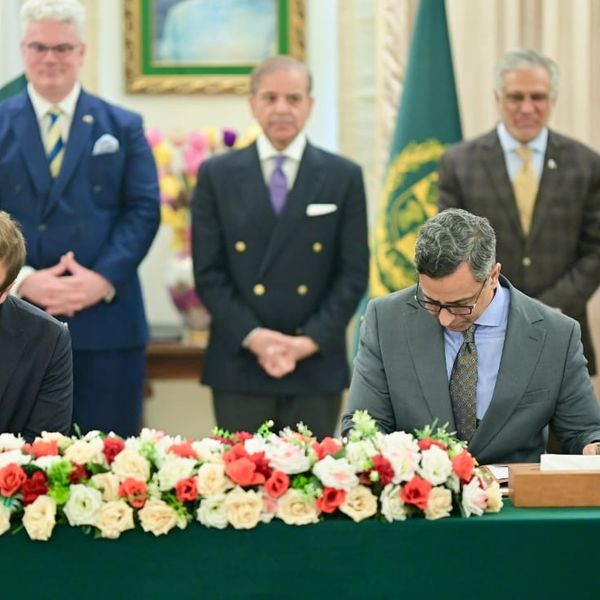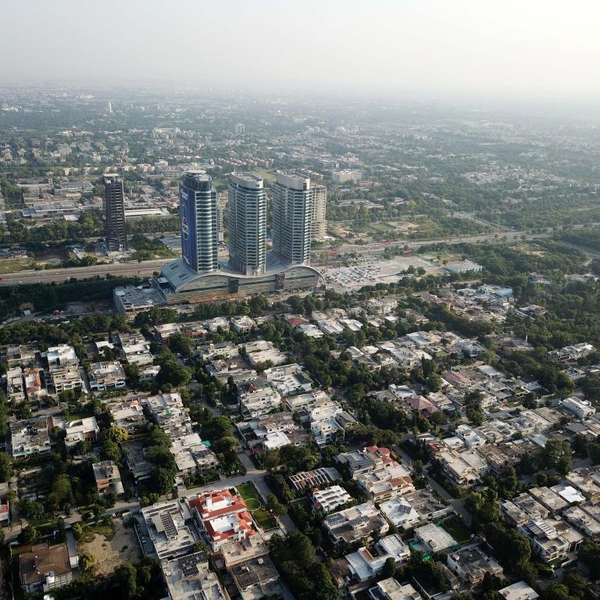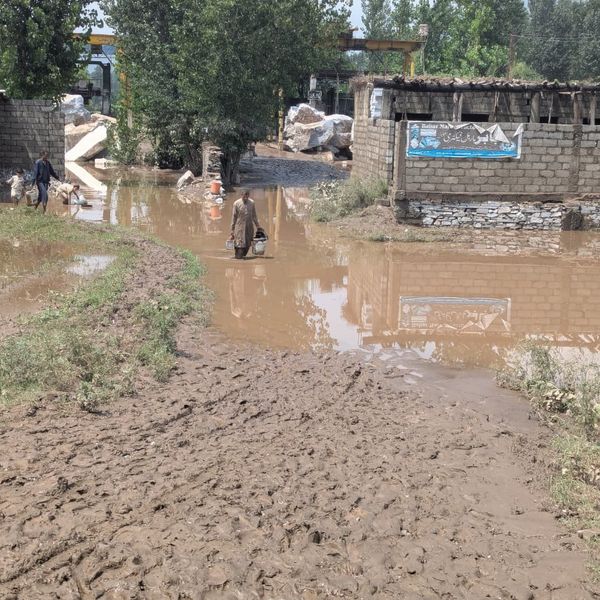Pakistan's top judge urges swift action on 2,200-terror case backlog
Meeting chaired by Justice Yahya Afridi reveals Sindh leads with 1,372 pending cases

Aamir Abbasi
Editor, Islamabad
Aamir; a journalist with 15 years of experience, working in Newspaper, TV and Digital Media. Worked in Field, covered Big Legal Constitutional and Political Events in Pakistan since 2009 with Pakistan’s Top Media Organizations. Graduate of Quaid I Azam University Islamabad.

Thousands of accused individuals are awaiting justice in Pakistan’s Anti-Terrorism Courts (ATCs), with over 2,200 cases still pending, many of them delayed for years.
At a meeting chaired on Thursday by Chief Justice Yahya Afridi at the Supreme Court, it was revealed that the province of Sindh has the highest backlog, accounting to 1,372 cases.
The chief justice expressed grave concern over the delays and urged swift action to uphold “timely and fair dispensation of justice.”
Despite the Anti-Terrorism Act of 1997 mandating rapid trials within seven days, cases linger due to complex logistical and procedural challenges.
The meeting reviewed the performance of ATCs, identifying critical obstacles such as limited security for witnesses, inadequate forensic support, and a need for additional courts.
Chief Justice Afridi directed forensic facilities in Sindh to assist in developing labs in Balochistan and proposed that outperforming ATC judges be considered for international training to enhance efficiency.
“We bear an immense responsibility to dispense justice impartially and without delay,” Justice Afridi said, calling on ATC judges and provincial prosecutors to address infrastructure and resource shortages. He urged the attorney general and provincial prosecutors general to coordinate with local governments to secure necessary support.
The meeting was also attended by the apex court justices, provincial ATC monitors, and legal officials.
The country's top judge underscored the importance of expanding forensic capabilities and using remote witness appearances to streamline proceedings.
In tandem with the judiciary’s efforts, Pakistan's government recently introduced the Anti-Terrorism Amendment Bill 2024, proposing to expand the powers of law enforcement to detain terrorism suspects without charge for up to three months.
Legal experts caution that, if enacted, these amendments could add to the ATCs' burden.
The proposed bill, likely to pass given the government’s parliamentary majority, aims to empower law enforcement with preemptive detention rights based on “plausible information and reasonable suspicion.”
However, concerns are mounting that the expanded law will strain an already overloaded court system, hindering timely justice.









Comments
See what people are discussing